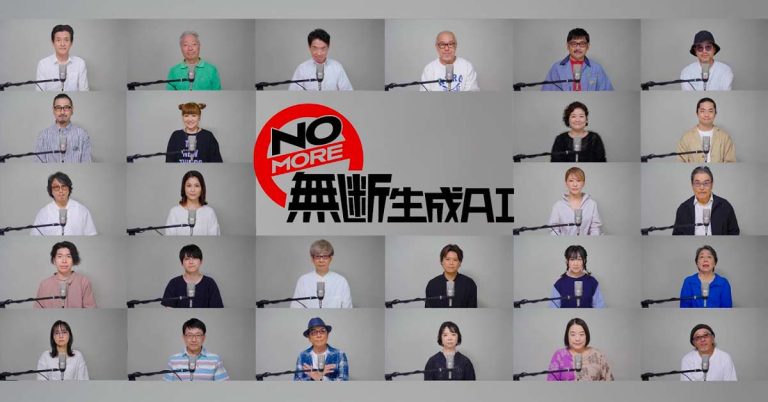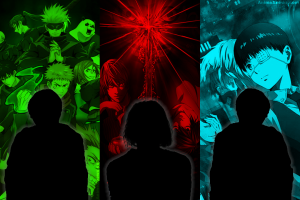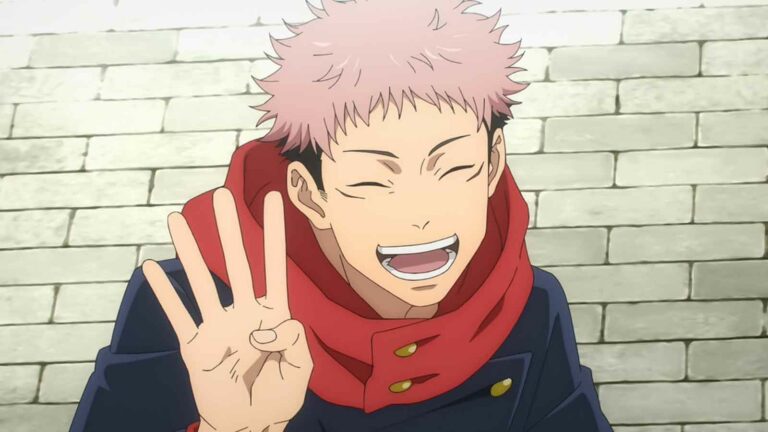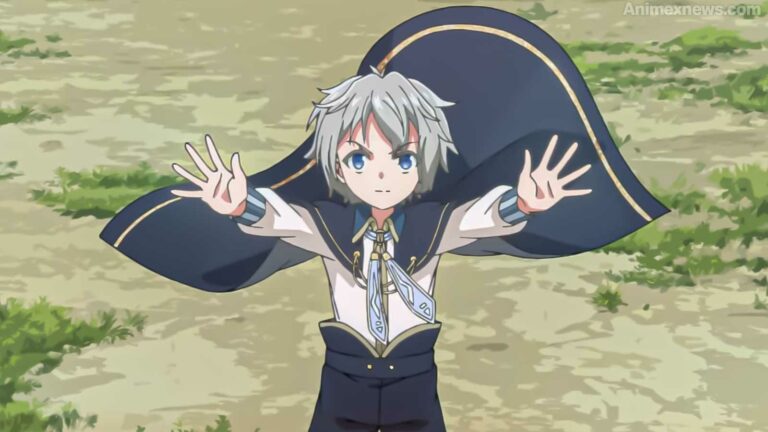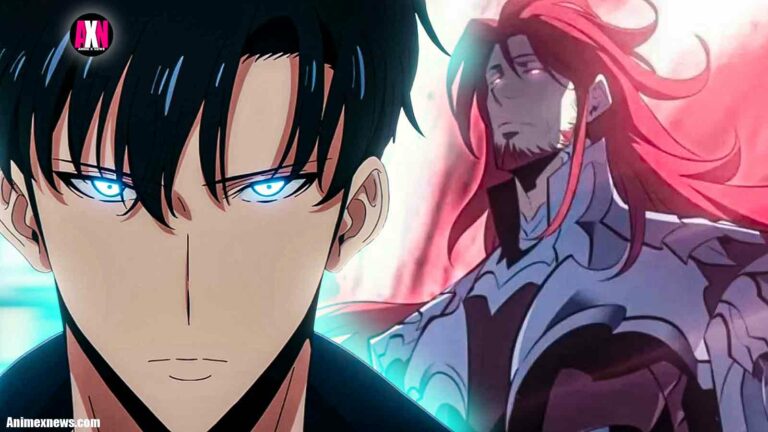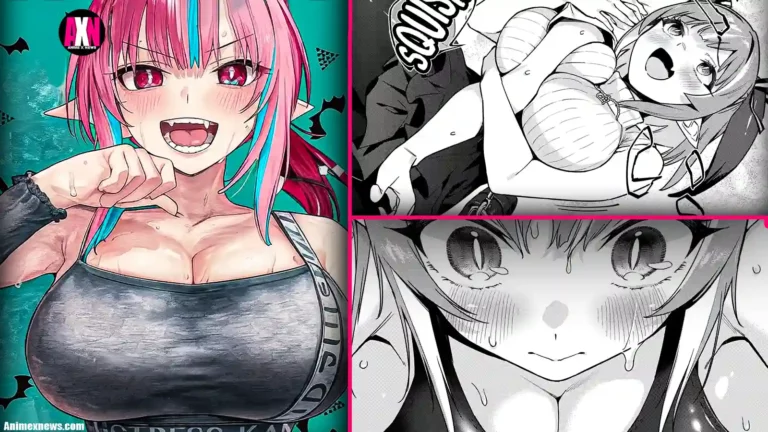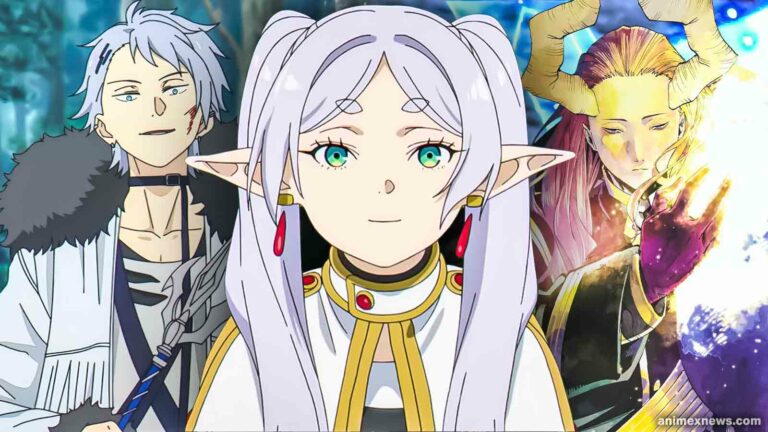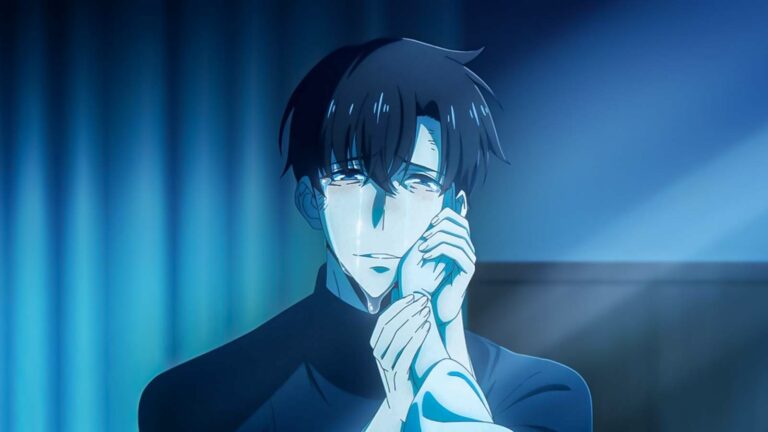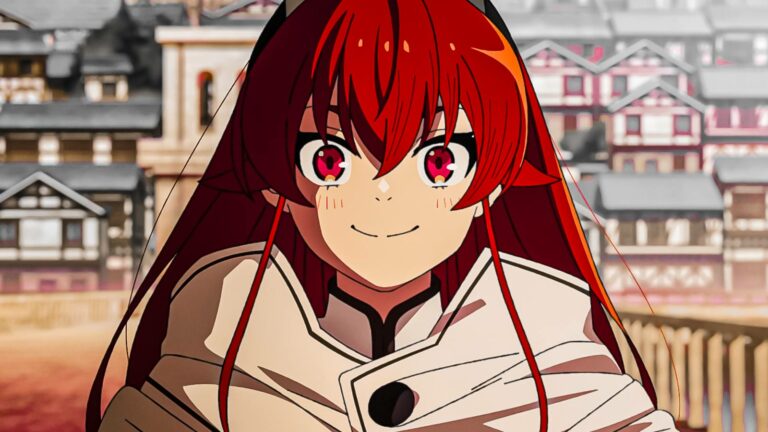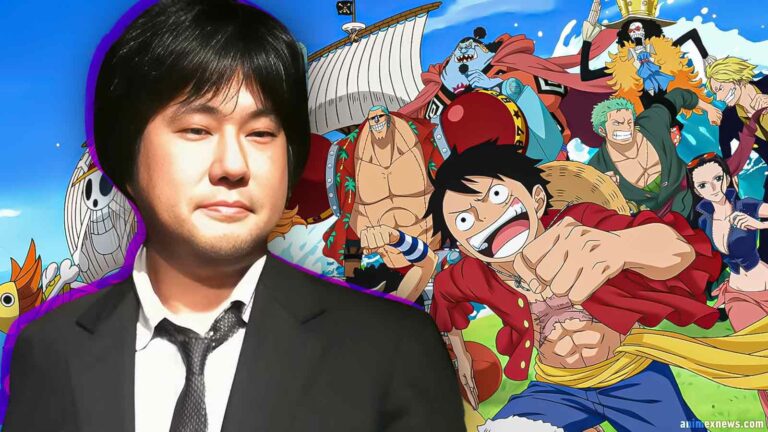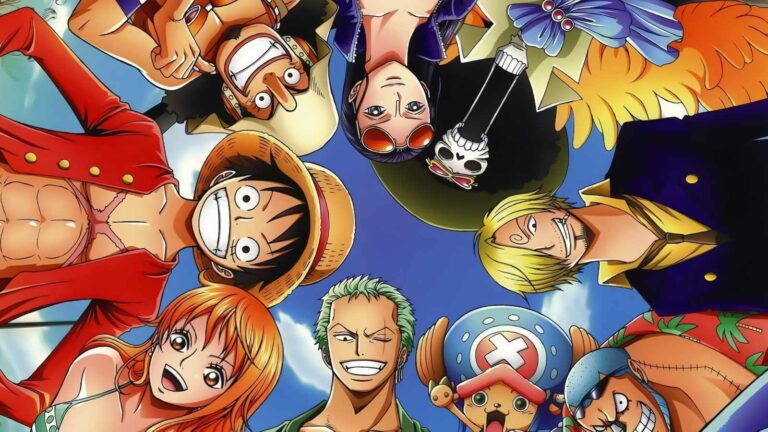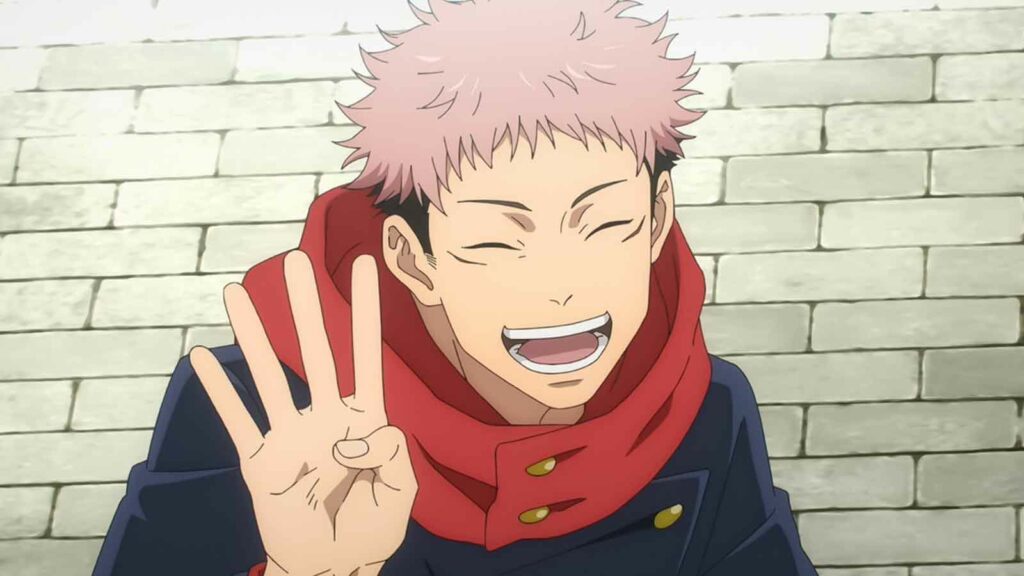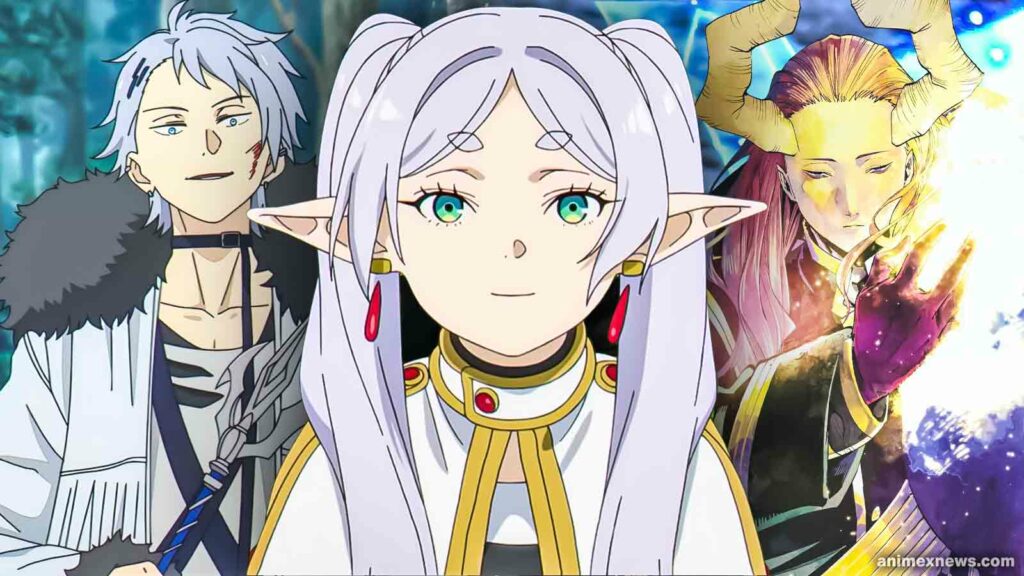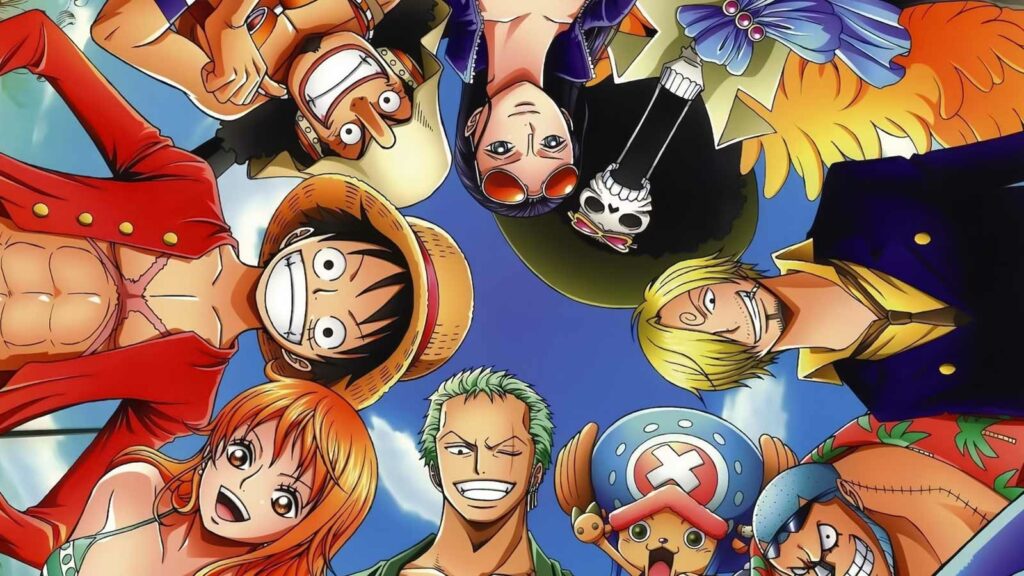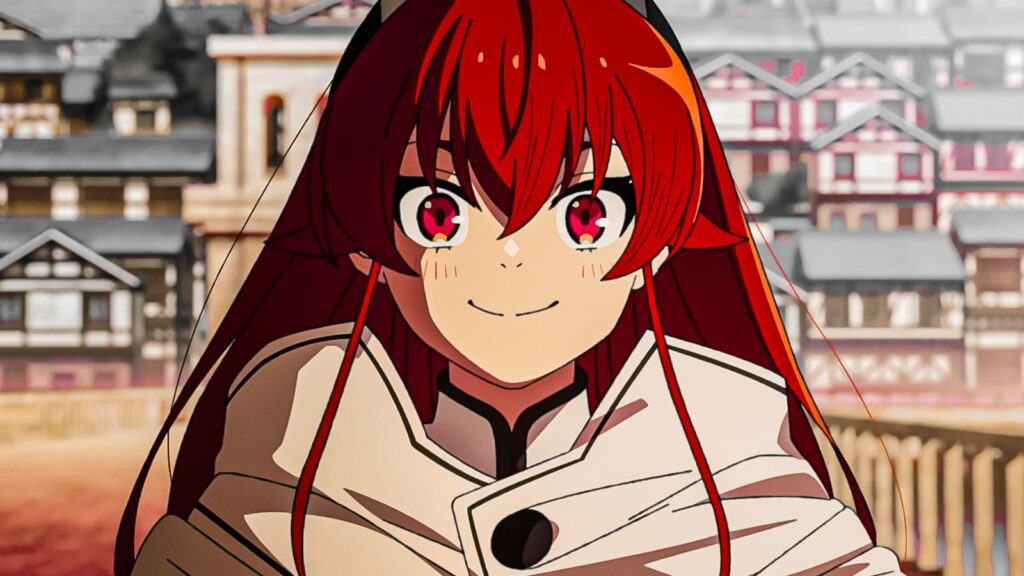A group of 26 prominent Japanese voice actors has formed a coalition called “No More Mudan Seisei AI” (No More Unauthorized Generative AI) to combat the unauthorized use of their voices through artificial intelligence technology. This initiative comes in response to growing concerns about AI-generated voice replication and its potential impact on the voice acting industry.
The Launch of “No More Mudan Seisei AI”
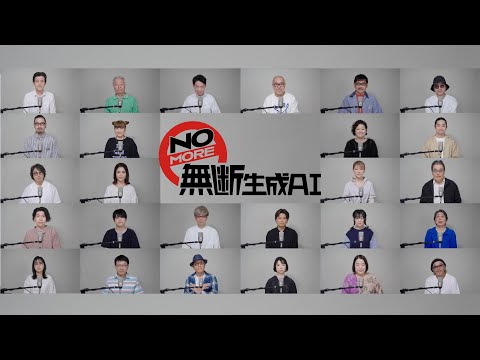
The group launched its official social media accounts and YouTube channel on Tuesday, October 15, 2024. Their inaugural video, titled “Part 0,” features veteran voice actor Ryūsei Nakao, known for his roles as Freeza in Dragon Ball Z and Baikinman in Soreike! Anpanman. In the 20-second video, Nakao expresses his shock at discovering his voice was being sold without his permission. He emphasizes the importance of voice acting as both his livelihood and his life, urging viewers to listen to the voice actors’ concerns regarding unauthorized AI use.
Notable Participants
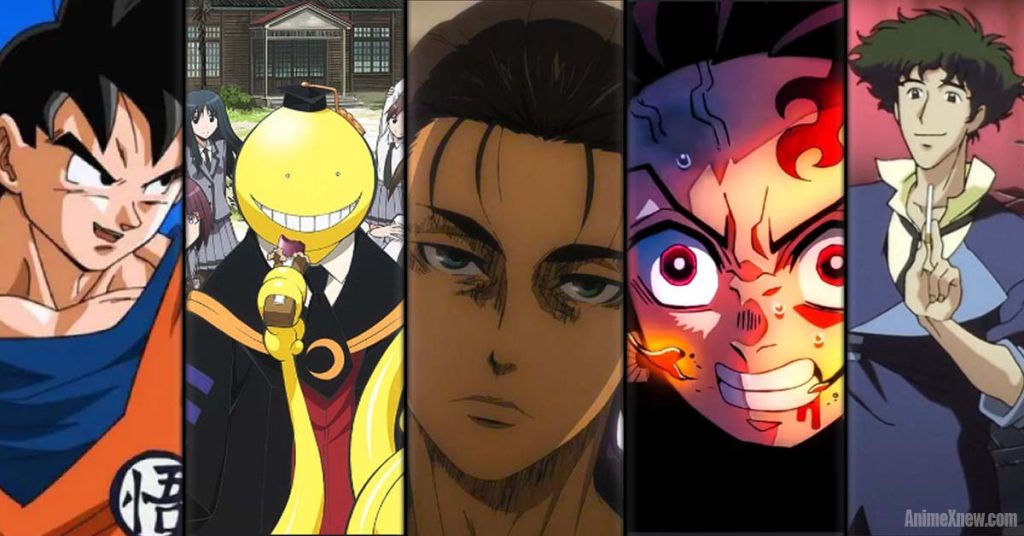
The coalition includes some of the most recognizable names in the Japanese voice acting industry:
- Ryūsei Nakao (Dragon Ball Z, Bleach)
- Kōichi Yamadera (Cowboy Bebop, Ranma ½)
- Yūki Kaji (Attack on Titan)
- Daisuke Namikawa (Demon Slayer)
- Jun Fukuyama (Code Geass, Assassination Classroom)
- Romi Park (Attack on Titan, Fullmetal Alchemist)
These 26 voice actors collectively appeal for their cause by uttering the group’s name in unison at the end of the video.
The AI Threat to Voice Acting
動画の無断転載・無断加工・無断切り取り・無断AI学習はご遠慮ください。
— NOMORE無断生成AI (@NOMORE__MUDAN) October 17, 2024
The formation of this group highlights the growing concern among voice actors about the potential misuse of AI technology in replicating their voices without consent. This unauthorized use poses several threats:
- Financial impact: Voice actors may lose job opportunities and income if their voices can be replicated without compensation.
- Artistic integrity: AI-generated voices may not capture the nuances and emotional depth that professional voice actors bring to their performances.
- Legal and ethical concerns: The use of AI-replicated voices without permission raises questions about intellectual property rights and consent.
Industry Response and Future Implications
The voice acting industry is grappling with the rapid advancement of AI technology. While some actors and agencies are exploring controlled partnerships with AI companies, others are taking a firm stance against unauthorized use.
Yūki Kaji, for example, launched the Soyogi Fractal project in April 2024, which aims to provide creators with a legal way to use his voice for new content while protecting against illicit use.
As the debate continues, the “No More Mudan Seisei AI” group is calling for peaceful discussions with experts to reach a common understanding and create cultural rules that protect voice actors’ rights in the digital age. The formation of this coalition marks a significant moment in the ongoing dialogue about AI’s role in the entertainment industry. As technology continues to evolve, finding a balance between innovation and protecting artists‘ rights will be crucial for the future of voice acting and creative industries as a whole.

